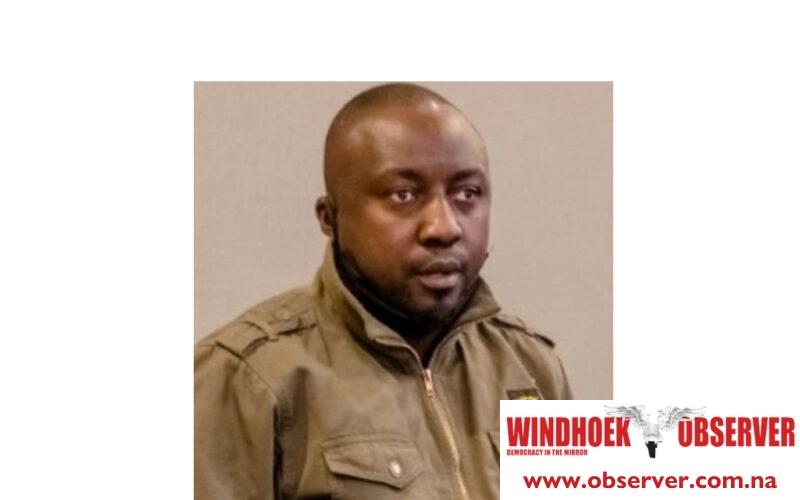Erasmus Shalihaxwe
The National Assembly has adopted a motion to debate how the government can provide adequate resources for public schools to excel like private schools.
On Tuesday, Popular Democratic Movement member of parliament, Hidipo Hamata, who tabled the motion, told Windhoek Observer that the motion is driven by a commitment to ensure that Namibian children attending government schools receive the same quality of education as those in private schools.
‘’The primary goal of this motion is to push the government to prioritise equitable resource allocation to all government schools. This means providing essential learning materials, such as textbooks, modern learning equipment, and technology that is currently more accessible in private schools,” he said.
He said this should be done regardless of the pupils’ geographical location or socioeconomic background.
Hamata stressed that disparities between government and private schools, especially those in rural areas, have long hindered learners’ potential.
“Inadequate resources in government schools create a gap that places our children at a significant disadvantage, limiting their opportunities to compete fairly in national examinations and in the broader job market,’’ expressed Hamata.
The opposition lawmaker added that the government must commit to increasing funding for government schools, particularly those in rural areas. Including budget allocations specifically aimed at procuring learning materials, equipment, and basic facilities that meet the standards of private schools.
‘’Provide Access to Digital Learning Tools: In today’s world, digital literacy is as essential as traditional literacy. Government schools should be equipped with computers, internet access, and digital learning platforms to bridge the gap between rural and urban education,” he said.
According to Hamata, this would allow learners in rural areas to access the same educational content and opportunities as their counterparts in private and urban schools.
“Quality education goes hand in hand with well-trained and motivated teachers. There must be ongoing professional development and support for educators in government schools to ensure they are equipped to utilise new teaching methods and resources effectively,’’ he explained.
According to Hamata, many government schools, especially in rural areas, suffer from inadequate infrastructure.
For this, he is requesting the government to invest in building and upgrading classrooms, libraries, science labs, and other essential facilities to create an environment conducive to learning.
‘’In essence, this motion calls on the government to treat the education of our children as a priority investment in the nation’s future. By committing to these actions, the government can create a level playing field where every Namibian child, regardless of where they live or the school they attend, can have the opportunity to excel and contribute meaningfully to our country’s development,’’ he said.




